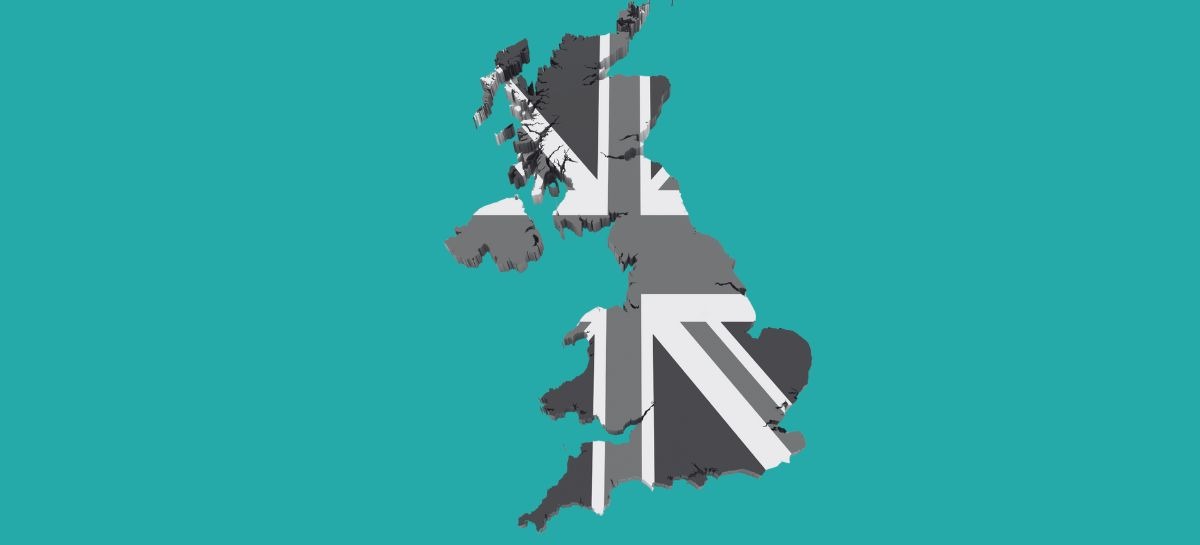
By Jacob Mchangama
In 1649, a group of English radicals sent a petition to the House of Commons. In it, they lamented the licensing of printing — which allowed the government to “pre-censor” books and pamphlets — as well as the harsh punishments for publishing unlicensed or “scandalous” ones.
The radicals warned that this kind of censorship would usher in a tyranny, and they insisted that it “seems altogether inconsistent with the good of the Commonwealth, and expresly [sic] opposite and dangerous to the liberties of the people.”
These radicals, known as the Levellers, paid dearly for their defiance. Their leaders were repeatedly imprisoned, and their demands for near-universal male suffrage, religious freedom, and unrestricted speech were crushed.
Yet their bold vision left a legacy. Later champions of free expression, from the authors of Cato’s Letters to John Wilkes, carried their arguments forward. Those ideas crossed the Atlantic, circulated in pamphlets at revolutionary speed, and ultimately found their way into state constitutions and the First Amendment.
Centuries later, it seems Britain is in dire need of a new generation of Levellers.
Read MoreJacob Mchangama is the Founder and Executive Director of The Future of Free Speech. He is also a research professor at Vanderbilt University and a Senior Fellow at The Foundation for Individual Rights and Expression (FIRE).

